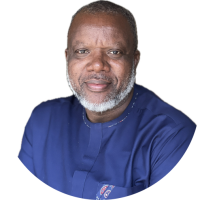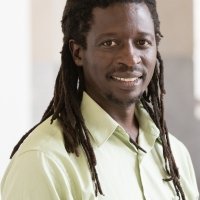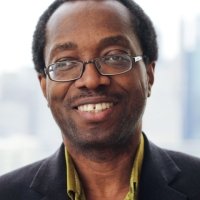Present & Future Trajectories of Terrorist Groups and Armed Non-State Actors in Africa
On October 22, 2015, the Wilson Center Africa Program, in partnership with the African Peacebuilding Network (APN), hosted a two-panel discussion on present and future trajectories of terrorist groups and armed non-state actors (NSAs) in Africa. With terrorism in Africa on the rise, and 84 attacks on the continent already this year, the conversation was particularly timely. The panelists – a range of academics, advocates, and policymakers from Africa and the U.S. – discussed causes of the recent proliferation of violent extremism on the continent, the most critical factors that stimulate radicalization, and how international and African governments can most effectively respond to the transnational and domestic threats of terrorist groups and armed NSAs.
I. Panel 1: North Africa, West Africa, and the Sahel
The session’s first panel focused on violent extremism in North Africa, West Africa, and the Sahel. The panel featured Ms. Idayat Hassan from the Nigeria-based Center for Democracy and Development in West Africa and Dr. Benjamin Nickels from the African Center for Strategic Studies in Washington, D.C. The two panelists discussed the severe terrorist threats in Sudan, Mali, Niger, and Libya, focusing particularly on al-Qaeda in the Islamic Maghreb, Boko Haram, and the Islamic State.
The panelists agreed that poor governance was a lead contributor to extremist violence in Africa. Coupled with unruly and ineffective state security mechanisms, poor governance has in many cases led to the proliferation and survival of violent extremism. Good governance, the panelists suggested, would alternatively lead to coordinated and strategic initiatives to fight terrorism in Africa. Many African responses to non-state violence remain knee-jerk, focusing on the symptoms of the problem and treating the terrorist groups simply as criminal groups, rather than addressing their underlying grievances and thus preventing their future violence. The panelists proposed an integrated counterterrorism strategy that would span all of Africa’s regions, consequently closing the porous borders and focusing on eradicating terrorist organizations rather than simply driving them to neighboring countries.
II. Panel 2: Niger Delta, Horn of Africa, and Policy Responses for CVE
The second panel session discussed the regions of the Niger Delta and the Horn of Africa, concluding with a discussion of potential policy responses for countering violent extremism (CVE) on the continent. The panel was composed of Ms. Vanita Datta from the United States Agency for International Development’s Africa Bureau, Dr. Charles Ukeje from the Institute for Peace and Security Studies in Ethiopia, and Dr. Fredrick Ogenga from Rongo University in Kenya. The session focused particularly on the state of the Movement for the Emancipation of the Niger Delta, the growth of Al-Shabaab beyond Somali borders, and the U.S.’s new Security Governance Initiative in six African countries.
The speakers cited unchecked radical education, a lack of economic opportunities, and the portrayal of terrorism in the media as three areas of concern in the landscape of violent extremism in Africa. To combat the proliferation of radicalization in African youth, the panelists suggested more critical oversight and quality control of the curriculums in religious madrasa schools, and the promotion of youth engagement and empowerment programs that promote targeted messaging about alternatives to violent extremism. The group agreed that increased economic opportunities would also help reduce terrorism, as high inequality often fuels the political aspirations of terrorist organizations. The discussion continued with the theme of “messaging,” moving into a conversation about the role of media in terrorism, suggesting that media focusing on peace and togetherness would undercut the desires of terrorists to instill fear in their victims. Finally, the discussion honed in on Africa post-terrorism, and discussed the power of long-term strategies that would prevent terrorist groups from cycling between dormancy and activity, and defeat them in earnest.
Speakers


Associate Professor of Media and Security Studies, Rongo University and Founding Director, Center for Media, Democracy, Peace & Security (CMDPS).


Hosted By

Africa Program
The Africa Program works to address the most critical issues facing Africa and US-Africa relations, build mutually beneficial US-Africa relations, and enhance knowledge and understanding about Africa in the United States. The Program achieves its mission through in-depth research and analyses, public discussion, working groups, and briefings that bring together policymakers, practitioners, and subject matter experts to analyze and offer practical options for tackling key challenges in Africa and in US-Africa relations. Read more
